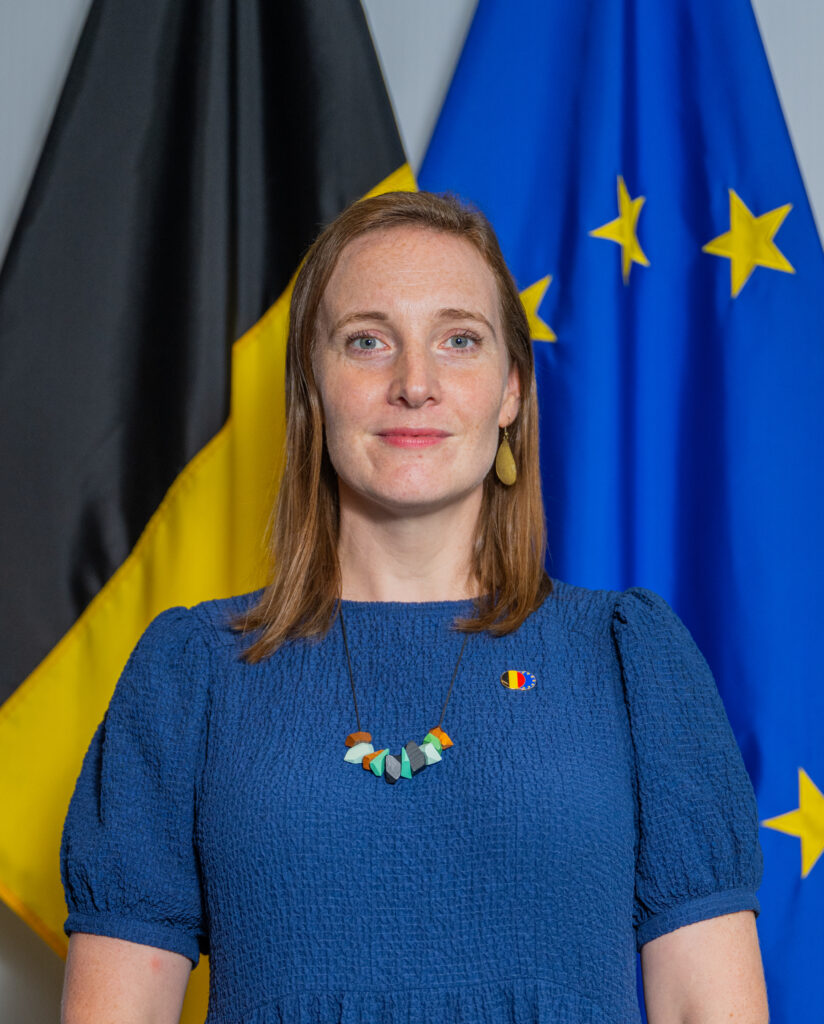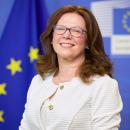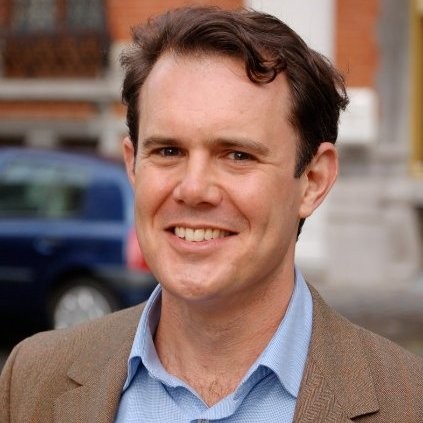Event co-organised by The Good Lobby and the European Parliament
Watch the recording of the event
Registration is closed
In-person Registration
In-person attendance has reached full capacity, but you can secure your spot on the waiting list by clicking on the button below
This will be a hybrid event. Both in person and online attendance is possible.
Please note that due to expected high participation, we will prioritise the attendance of representatives from civil society organisations – the target audience for the event. Online participation is open to everyone.
Every five years, EU citizens get a chance to elect their representatives in the European Parliament – the only directly elected institution in the European Union. While election season is typically a vibrant and exciting time for campaigners to influence the policy agenda of the next EU cycle, what happens after the elections? How can citizens and civil society continue to engage with and contribute to the EU democratic debate? What are the mechanisms, methods and strategies that have actually proven to be successful? Succinctly: what works? And what does not?
Together with the European Parliament, The Good Lobby is organising a collective reflection on the most effective ways citizens and civil society organisations can participate and influence EU decision-making. To this purpose, the event will bring together policy-makers and civil society representatives to discuss best practices and successful campaigns that made an impact on decision-making in Brussels.
Structure of the event
The conference which is expected to last roughly 3 hours (including 30 mins break) will be split into an introduction by the European Parliament, a keynote speech by our founder Professor Alberto Alemanno, followed by two panels.
The keynote speech will frame the topic of the “Lobbying for Good Movement” and citizen’s engagement, also giving a brief overview of the main tools that civil society and citizens dispose of to raise their voice at the EU level – starting from participating in the EU elections. The first panel will gather representatives from civil society who will offer insights & best practices into successful institutional approaches to advocacy. In the second panel, EU officials from the institutions will hold an honest conversation about the best ways citizens can lobby the institutions.
The sessions are meant to be interactive with a dedicated time at the end of the panel for questions.
The target audience of the event includes NGOs, civil society campaigners, young activists, students and interested citizens with the aim of reflecting on the most effective way of engaging the EU institutions. The event will be in person but webstreamed to allow the participation of a broader, diverse and truly European cohort.
Programme of the event
Download the full programme of the event by clicking the button below.
ProgrammeSpeakers
Keynote Speech
Alberto Alemanno is an academic, author, and civic entrepreneur committed to improving people’s lives through the adoption of power-shifting reforms countering social, political, economic, and health disparities of access within society. Alberto Alemanno is Jean Monnet Professor in European Union Law and Founder of The Good Lobby

Panel 1
Anaïs Berthier is a Senior Lawyer and Head of ClientEarth Brussels. Amongst her notable achievements, she spearheaded a landmark 2008 complaint against the EU for incorrectly implementing the UN’s Aarhus Convention on access to justice in environmental matters. This led to a major legal victory that enhanced NGOs’ capacity to challenge EU environmental decisions.

Nicholas Aiossa is Director at Transparency International. His advocacy efforts have been crucial in shaping EU policies on whistleblower protection, rule of law, lobbying regulation, and financial transparency. Prior to that, he worked for over six years in the European Parliament on a range of topics, including human rights and transatlantic relations.

Building on his early legal training and practice, Luis Morago has spent more than two decades working for leading global non-governmental organisations focusing on international development, human rights, and people-powered political activism. As a Campaign Director at the global civic movement Avaaz, he has built an extensive experience in rallying citizens, and spearheading online, advocacy, and media campaigns to protect the environment, combat climate change, and strengthen our democracies against polarisation, and emerging autocratic threats.

Stéphanie Ghislain is the Political Affairs Manager at the Eurogroup for Animals. She has also been a member, on behalf of her organisation, of several advisory bodies established by the European Commission.

Panel 2
Juan Fernando López Aguilar MEP is Chair of the LIBE Committee in the European Parliament. López Aguilar has also a long-standing political career both at the EU level – where he has been an MEP since 2009 – and at the national level where he served as Spanish Minister of Justice and an MP for 8 years. He has also worked as a Professor of Constitutional Law at the University of Las Palmas de Gran Canaria.

Carl Dolan is Senior Adviser to the European Ombudsman Emily O’Reilly. Before, he served as Director of Policy & Outreach at the Open Society Foundations, as well as Director of Transparency International. He has previously worked in UK Research Councils, the European Commission and the European Foundation Centre.

Mieke de Regt is a Counsellor for Digital Policy, Telecommunications & Postal Services at the Belgian Permanent Representation to the EU. In this capacity, de Regt has been chairing the Working Party dealing with digital & telecommunications issues for the Belgian Presidency of the Council. Prior to that she worked at BIPT and had a leading role in the decision-making of BEREC.

Ingrid Godkin is in charge of Policy and Administrative coordination in the Cabinet of Vice-President of the Commission Dubravka Šuica. Her responsibilities include speechwriting, coordination of briefs, and the “Democracy: Deliberative & Participative Democracy” portfolio.

James Kanter is an American and British award-winning journalist and Brussels-based commentator on European Union affairs.
Kanter helped establish the first independent newspaper in Cambodia after the fall of the Khmer Rouge rule, The Cambodia Daily, where he served as editor in chief from 1995 to 1997.
Kanter was the correspondent for the International Herald Tribune and The New York Times in Brussels for 12 years until leaving the paper in 2017 to launch EU Scream in 2018, a podcast on European affairs.
